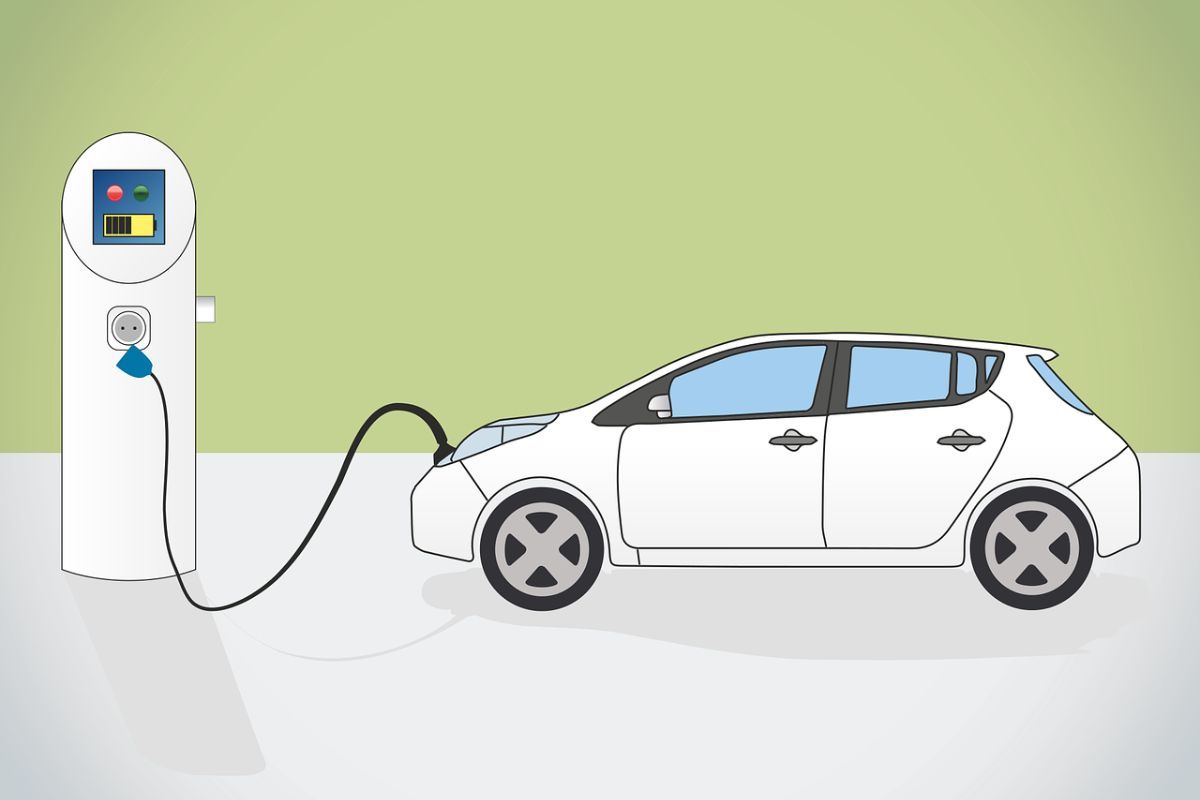The Kerala Congress has raised concerns about India’s electric vehicle (EV) policy, especially in response to Union Minister Nitin Gadkari’s recent statement about eliminating petrol and diesel vehicles within 10 years. The party has outlined reasons why they believe the current EV policy could be “a disaster-in-the-making” for the country in a detailed analysis shared on social media.
The Kerala Congress argument claims that switching to EVs may not reduce carbon emissions as intended, but could potentially triple them. The analysis focuses on the source of electricity for charging EVs, which in India are predominantly coal-based power plants.
EV-GRID DISASTER | How our thoughtless EV policy is going to endanger India’s future
A few days ago Transport Minister @nitin_gadkari said that Central Govt is planning to eliminate Petrol and Diesel vehicles by 2034 and replace them mostly with Electric Vehicles.
But if they… pic.twitter.com/LaiaAzB575
— Congress Kerala (@INCKerala) June 22, 2024
The Kerala Congress compared the carbon emissions of its petrol, diesel, and EV variants using the Tata Nexon as a benchmark. Their calculations suggest that charging the Tata Nexon EV Max would require approximately 26.7 kg of coal, which is nearly 2.5 times the amount of petrol or diesel needed to cover the same distance, leading to approximately 2.5 times more carbon emissions.
Based on these figures, they conclude that CO2 emissions for the same 276 km journey would be 88.11 kg using coal-generated electricity, compared to 36.15 kg for petrol and 33.56 kg for diesel.
The party’s analysis considers factors like energy density of fuels, power plant efficiency, transmission losses, and EV charging efficiency. They note that the situation could be worse when considering varying coal quality used in power plants, potentially tripling carbon emissions with full EV migration.
The Kerala Congress raises a critical point about India’s power generation capacity. They say India has a 444 Gigawatts installed capacity, with 49% from coal, 19% from solar, and 10% from wind. However, despite promising figures for renewable energy, coal generates nearly 76% of India’s power.
The Kerala Congress is concerned about the government’s ability to meet the increased power demand from widespread EV adoption. India would need to double its power generation capacity to address EV needs partially by 2034. Current plans aim to reach only 517 GW by 2032, which they argue is far from enough to support Gadkari’s goal of eliminating petrol and diesel vehicles within a decade.
The party raises concerns about India’s power grid infrastructure’s readiness for increased EV usage. They cite a recent incident in Kerala where the state electricity board had to implement load shedding due to the grid nearing its capacity limit, coinciding with a significant growth in EV adoption. The Kerala Congress argues that transitioning to an all-EV future would require substantial investments in grid infrastructure, including more transformers, feeders, transmission lines, and power plants.
The Kerala Congress acknowledges consumer interest in EVs due to heavy subsidies from a consumer perspective. They provide examples of how EVs benefit from subsidies and tax breaks, making them attractive to consumers despite their high real price. They question the sustainability of this approach, noting that governments are losing significant revenue through these subsidies.
The Kerala Congress also acknowledges that interest in EVs is primarily driven by heavy subsidies. They provide an example of the Ather Energy scooter, which receives a subsidy of about ₹80,000 compared to a petrol scooter. However, they question the sustainability of this approach, noting significant revenue loss for both central and state governments through these subsidies and tax breaks.
The Kerala Congress suggests a review of the current EV policy. They propose that India should wait for larger economies to solve EV-related problems at scale before fully committing to this transition. They advocate promoting hybrid vehicles as an intermediate step. They argue that hybrids offer better mileage and lower emissions compared to conventional petrol cars without requiring the same level of infrastructure overhaul as EVs.
The party worries that blindly following the current EV policy could lead to power cuts, resource wastage, and wealth destruction. They point out that EV sales have plateaued globally and are declining in the US and China, suggesting India should proceed cautiously.
Support us to keep independent environmental journalism alive in India.
Keep Reading
What is Green Hydrogen? Could it change energy in South Asia?
Blue hydrogen is worst for climate: study
How Increasing space traffic threatens ozone layer?
Hydro Fuel Market: India’s current scenario and the future ahead
Natural Gas is a Misleading term, It is not Natural and clean at all
Follow Ground Report on X, Instagram and Facebook for environmental and underreported stories from the margins. Give us feedback on our email id greport2018@gmail.com.
Don’t forget to Subscribe to our weekly newsletter, Join our community on WhatsApp, and Follow our YouTube Channel for video stories.






